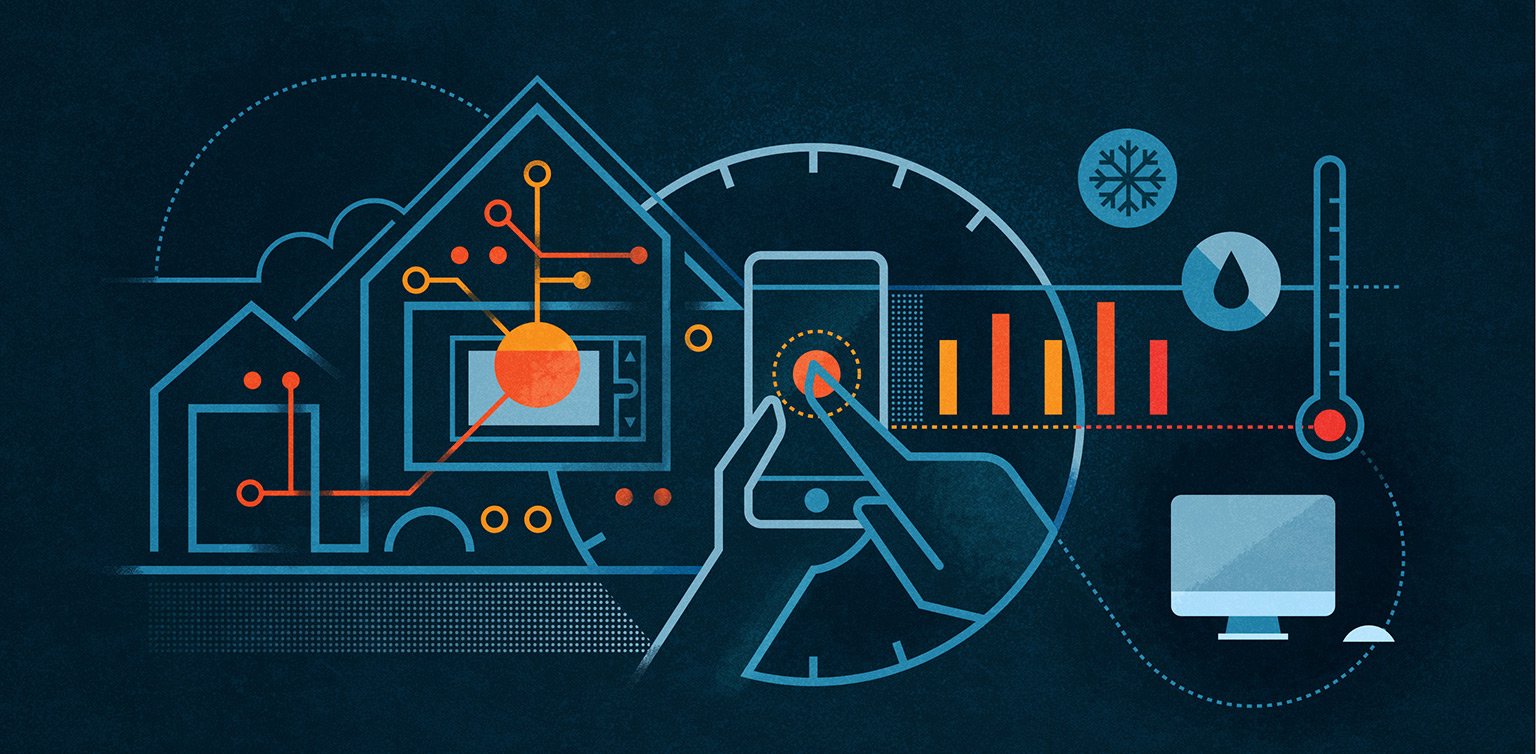In the realm of modern living, smart home technology stands as a beacon of innovation, transforming ordinary houses into intelligent abodes. From automated lighting to integrated security systems, the landscape of smart homes is continually expanding, promising convenience, efficiency, and security to homeowners worldwide. Let’s delve into the intricacies of this transformative technology and explore its evolution, benefits, and future prospects.

Understanding Smart Home Technology
Defining Smart Homes
At its core, a smart home refers to a residence equipped with interconnected devices and systems that can be remotely controlled and automated. These devices leverage internet connectivity and cutting-edge technologies such as artificial intelligence (AI) and the Internet of Things (IoT) to enhance various aspects of domestic life.
Components of a Smart Home
Smart home ecosystems comprise an array of devices spanning multiple categories:
- Home Automation: Devices like smart thermostats, lighting systems, and motorized blinds enable automated control of various home functions.
- Security and Surveillance: Cameras, motion sensors, and smart locks fortify home security while providing remote monitoring capabilities.
- Entertainment: Smart TVs, audio systems, and streaming devices offer seamless access to entertainment content from diverse sources.
- Health and Wellness: Wearable gadgets, smart scales, and air quality monitors contribute to monitoring health metrics and maintaining a healthy living environment.
- Appliances: From refrigerators to washing machines, smart appliances boast features like remote operation, energy efficiency, and proactive maintenance alerts.
The Benefits of Embracing Smart Home Technology
Enhanced Convenience and Comfort
One of the primary appeals of smart homes is the convenience they offer. Imagine adjusting your home’s temperature, lighting, and entertainment settings with a simple voice command or a tap on your smartphone. Smart home technology streamlines daily routines, simplifying tasks and optimizing comfort levels according to individual preferences.
Improved Energy Efficiency
Smart home devices are designed to optimize energy usage, thereby reducing utility bills and environmental impact. Features like programmable thermostats, energy-efficient appliances, and automated lighting systems help homeowners monitor and regulate their energy consumption more effectively.
Heightened Security and Peace of Mind
With advanced security features such as motion detection, facial recognition, and remote monitoring, smart homes provide a robust defense against intruders and unforeseen emergencies. Real-time alerts and surveillance capabilities empower homeowners to keep a vigilant eye on their property, even from miles away, fostering a sense of security and peace of mind.
Seamless Integration and Customization
The interoperability of smart home devices allows for seamless integration and customization according to individual preferences. Whether it’s creating personalized lighting scenes, scheduling appliance usage, or automating security routines, homeowners have the flexibility to tailor their smart home ecosystem to suit their lifestyle and needs.
Challenges and Considerations
Compatibility Issues
As the smart home market burgeons with an abundance of devices from various manufacturers, ensuring compatibility and interoperability can be a challenge. Homeowners may encounter issues with integrating disparate systems or upgrading older devices to work with newer technologies.
Privacy and Data Security Concerns
The proliferation of connected devices raises legitimate concerns about privacy and data security. Vulnerabilities in smart home ecosystems could potentially expose sensitive information or compromise personal safety if exploited by malicious actors. As such, implementing robust security measures and staying vigilant against cyber threats is paramount for smart home users.
Cost of Implementation
While the long-term benefits of smart home technology are undeniable, the initial cost of implementation can be a deterrent for some homeowners. Investing in smart devices, infrastructure upgrades, and professional installation services may require a significant upfront investment, albeit one that promises returns in terms of convenience, efficiency, and home value.
The Future of Smart Home Technology
Continued Innovation and Integration
As technology advances and consumer demand grows, the evolution of smart home technology shows no signs of slowing down. Future developments may see greater integration between devices, enhanced AI capabilities for predictive automation, and the proliferation of smart home ecosystems that seamlessly interact with external services and platforms.
Focus on Sustainability and Efficiency
With a heightened focus on environmental sustainability, future smart home innovations are likely to prioritize energy efficiency, resource conservation, and eco-friendly practices. From solar-powered devices to intelligent water management systems, smart homes of the future will play a pivotal role in promoting sustainable living practices.
Addressing Accessibility and Inclusivity
Efforts to make smart home technology more accessible and inclusive will drive innovation in design, user interface, and compatibility standards. By catering to diverse user needs and ensuring usability for individuals with disabilities or special requirements, smart homes can become more inclusive and beneficial to a broader spectrum of users.
Conclusion
Smart home technology represents a paradigm shift in the way we interact with and experience our living spaces. From enhancing convenience and comfort to fortifying security and efficiency, the benefits of embracing smart home technology are manifold. While challenges like compatibility issues and privacy concerns persist, ongoing innovation and concerted efforts towards sustainability and inclusivity promise a bright future for smart homes worldwide. As the journey towards smarter living continues, the evolution of smart home technology will undoubtedly shape the way we live, work, and thrive in the digital age.